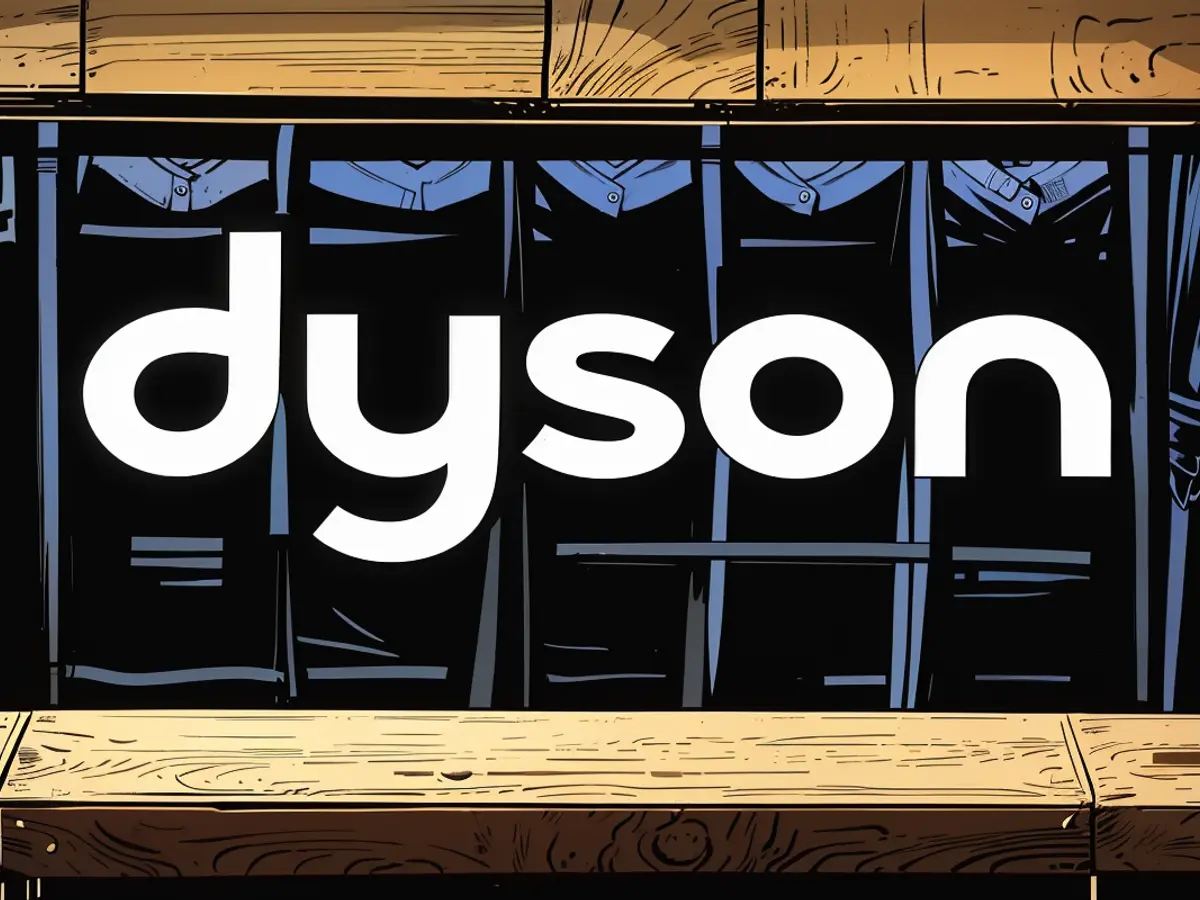Dyson plans to cut 1000 jobs
The increasing competition on global markets is causing problems for vacuum cleaner manufacturer Dyson in Britain. The company, based in the UK, plans to cut more than a quarter of its jobs. The cuts will affect all departments.
The household appliance manufacturer Dyson is planning job cuts in Britain. Up to 1000 jobs could be lost, according to the British news agency PA. This would be more than a quarter of the jobs currently based there. Dyson is known for its cordless vacuum cleaners and also produces hair dryers and hand dryers.
"We have grown quickly and, like all companies, we periodically review our global structures to ensure we are prepared for the future," CEO Hanno Kirner reportedly told PA. "We are proposing changes in our organization that could lead to redundancies." The company has around 14,000 employees worldwide, with roughly 3,500 in the UK, according to the BBC.
Dyson operates in increasingly competitive global markets, Kirner added. Decisions that affect close and talented colleagues are always particularly painful. According to the "Financial Times," it is expected that the cuts in the UK will affect all departments, including the executive level. The UK is expected to remain as a research and development center for the company and will continue to be the most important center for product development.
The company had already cut 600 jobs in the UK and 300 jobs worldwide during the coronavirus pandemic. At that time, Dyson justified the decision by saying that people had changed their buying habits.
The company was founded by entrepreneur James Dyson, who, according to the "Sunday Times," is among the wealthiest people in the UK and supported Brexit. The company moved its headquarters a few years ago to Singapore. At that time, there were also plans to develop an electric car. However, the project was later abandoned.
The economic challenges faced by Dyson due to global market competition led to their decision to downsize in Great Britain. As a result, up to 1000 jobs could be lost, representing more than a quarter of their workforce in the UK.








